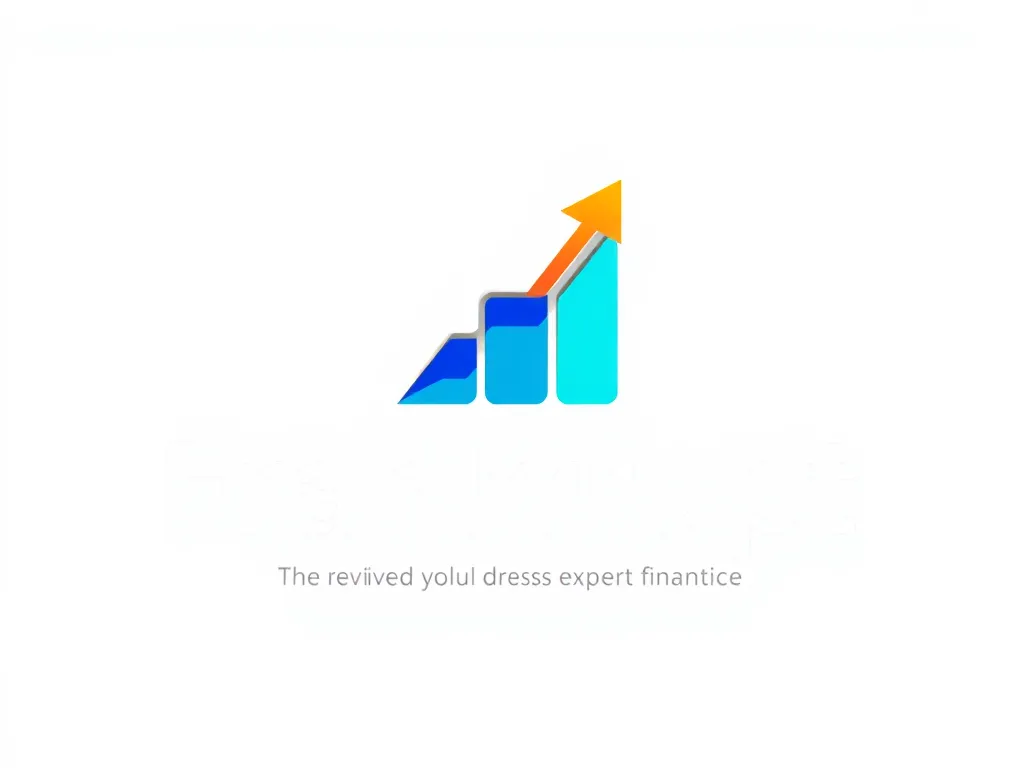Understanding Bankruptcy Laws And Updates: A Comprehensive Guide

Understanding Bankruptcy Laws And Updates
Bankruptcy laws are designed to provide individuals and businesses facing financial distress a way to eliminate or repay their debts. Understanding Bankruptcy Laws And Updates is essential for anyone considering this legal option. These laws can vary significantly from one jurisdiction to another and are subject to ongoing changes, reflecting the economic climate and societal needs.
The unexpected events, such as job losses, medical emergencies, or economic downturns, can lead to overwhelming debt that may leave individuals and businesses with few options. The updates to bankruptcy laws aim to protect creditors while also giving debtors a fair chance to recover financially. Staying informed about Bankruptcy Laws And Updates is crucial for making informed financial decisions.
Recent years have seen notable updates in bankruptcy laws, particularly in light of the COVID-19 pandemic, which has led to an increase in personal and business bankruptcies. These changes not only affect the process of filing for bankruptcy but also the rights of debtors and creditors. Thus, keeping abreast of Bankruptcy Laws And Updates can greatly affect the outcomes for those in financial peril.
In addition to the recent changes, understanding the different types of bankruptcy available—such as Chapter 7, Chapter 11, and Chapter 13—is important. Each type offers distinct processes and consequences, and the choice of which to pursue can significantly impact a debtor's financial future. Knowledge of these options is a fundamental part of understanding Bankruptcy Laws And Updates.
Stay informed about the latest developments in finance by exploring the intricacies of Bankruptcy Laws And Updates.
Bankruptcy is a sensitive issue that can have long-lasting implications for both individuals and businesses. The effects reach beyond mere numbers to the emotional and mental state of debtors. To navigate these waters successfully, one must be well-versed in both the facts and the latest legal updates relating to bankruptcy.
Types of Bankruptcy
Chapter 7 Bankruptcy is often referred to as liquidation bankruptcy. It allows individuals or businesses to discharge most of their debts quickly. In this process, a trustee is appointed to sell off non-exempt assets to pay creditors. However, many personal assets may be exempt, which helps individuals retain some of their property during the process.
Chapter 13 Bankruptcy is designed for individuals who have a regular income and wish to repay their debts over time. This type of bankruptcy allows debtors to create a repayment plan that lasts three to five years. During this time, creditors must adhere to the plan, and debtors can often keep their assets while paying down their debts.
Chapter 11 Bankruptcy is primarily for businesses looking to restructure their debts while continuing operations. This form of bankruptcy allows for the reorganization of debts, creating a repayment plan that must be approved by creditors and the court. It aims to allow businesses to emerge from bankruptcy stronger and more financially stable.
Understanding the differences between personal and business bankruptcy is crucial, as the implications for each are distinct. Individuals may find relief through personal bankruptcies like Chapter 7 or Chapter 13, while businesses typically must pursue Chapter 11. Each type comes with its own advantages, challenges, and legal ramifications, making it vital to choose wisely based on circumstances.
Bankruptcy Process
The bankruptcy process begins with filing a petition with the bankruptcy court. This involves gathering financial documents, completing necessary forms, and submitting them along with a filing fee. Upon filing, the debtor's automatic stay goes into effect, halting most collection activities by creditors while the case is processed.
An automatic stay is a critical component of the bankruptcy process. It provides immediate relief to debtors by preventing creditors from pursuing collection actions, including lawsuits, wage garnishments, and foreclosure. This stay is effective as soon as the bankruptcy petition is filed and lasts until the case is resolved.
Credit counseling is a requirement before filing for bankruptcy. Debtors must undergo a credit counseling session from an approved agency to explore alternatives to bankruptcy. This session is designed to help individuals understand their financial situation and evaluate available options for debt relief.
The discharge of debts occurs at the end of the bankruptcy process, releasing the debtor from personal liability for most debts. However, it is essential to understand that certain debts may not be dischargeable, such as student loans or child support. The implications of debt discharge can greatly affect an individual's or business’s financial future, so a thorough understanding is necessary.
Recent Changes in Bankruptcy Laws
Recent updates from the Bankruptcy Abuse Prevention and Consumer Protection Act have tightened some requirements for debtors, including credit counseling mandates and means testing for Chapter 7 filers. These changes have been implemented to prevent abuse of the bankruptcy system and ensure that only those in genuine financial distress can file for bankruptcy.
The COVID-19 pandemic significantly impacted bankruptcy laws, leading to an increase in filings as many individuals and businesses faced financial hardships. In response, temporary measures were put in place to provide relief, such as enhanced unemployment benefits and stimulus payments, which allowed some debtors to avoid bankruptcy altogether or change how they approached it.
Additionally, many states have made specific updates to their bankruptcy laws, with some easing restrictions or extending protections for debtors facing hardship. It is crucial for debtors to be aware of state-specific updates in bankruptcy laws, which may provide additional options and protections.
Looking to the future, trends indicate that bankruptcy legislation may evolve further, particularly as economies recover from the pandemic's effects. Lawmakers are likely to consider more borrower-friendly updates and reforms to address consumer debt challenges and ensure equitable access to relief for those in need.
Effects of Bankruptcy
Filing for bankruptcy can have a significant impact on one's credit score, typically resulting in a substantial decrease in creditworthiness initially. However, with responsible financial management post-bankruptcy, individuals can begin to rebuild their credit over time. Understanding the long-term implications on credit reports is vital for anyone considering this legal route.
The emotional and psychological effects of bankruptcy on individuals can be profound. Many people face feelings of shame, anxiety, and uncertainty about their financial future. It is essential for debtors to seek support from professionals or peer groups to cope with these feelings and develop strategies for resilience.
Long-term financial recovery strategies following bankruptcy may include creating a budget, establishing an emergency fund, and rebuilding credit. Implementing these strategies can help individuals regain control of their financial well-being and work towards a more stable future after bankruptcy.
For businesses, the effects of bankruptcy can be equally significant. Staff layoffs, loss of contracts, and corporate restructuring can disrupt operations and impact employees' livelihoods. Understanding these consequences is essential for businesses entering bankruptcy, as it fosters a clear view of their obligations and impacts.
Bankruptcy Alternatives
Debt settlement is one alternative to bankruptcy that involves negotiating with creditors to pay a lower amount than owed. This approach may help individuals avoid bankruptcy courts but often impacts credit scores and requires a comprehensive understanding of one’s financial situation before proceeding.
Credit counseling programs offer another avenue for those struggling with debt. These programs assist individuals in budgeting and negotiating repayment plans with creditors. They serve as an excellent resource for those who wish to avoid bankruptcy but need guidance on managing their debt.
Debt consolidation loans provide an alternative option for managing multiple debts by combining them into one loan with a lower interest rate. This strategy can simplify financial management and potentially reduce monthly payments, but it requires a careful assessment of the individual's overall financial health.
Negotiating directly with creditors is often overlooked but can be a practical approach for debtors. Through direct communication, debtors may establish new payment arrangements or settlements without entering bankruptcy, preserving credit scores and financial standing in many cases.
Bankruptcy Myths and Misconceptions
There are many common myths surrounding bankruptcy, including the belief that it is a sign of failure or that it will ruin a person's financial future permanently. In reality, bankruptcy can be a strategic decision that allows individuals to reset their financial lives and start anew.
Another misconception is that individuals will lose all their assets in bankruptcy. While there are certain exemptions, many people are able to keep essential property, which is why understanding one’s state’s exemption laws is crucial during the bankruptcy process.
Credit after bankruptcy is often misunderstood, with many believing they will never be able to obtain credit again. However, while bankruptcy may affect credit scores initially, individuals can begin to rebuild their credit shortly after the process is finalized if they manage their finances responsibly.
Lastly, the stigma associated with bankruptcy can prevent individuals from seeking help when needed. It is essential to understand that bankruptcy is a legal remedy available to those in financial distress and that many people successfully navigate this process to improve their financial situation thereafter.
